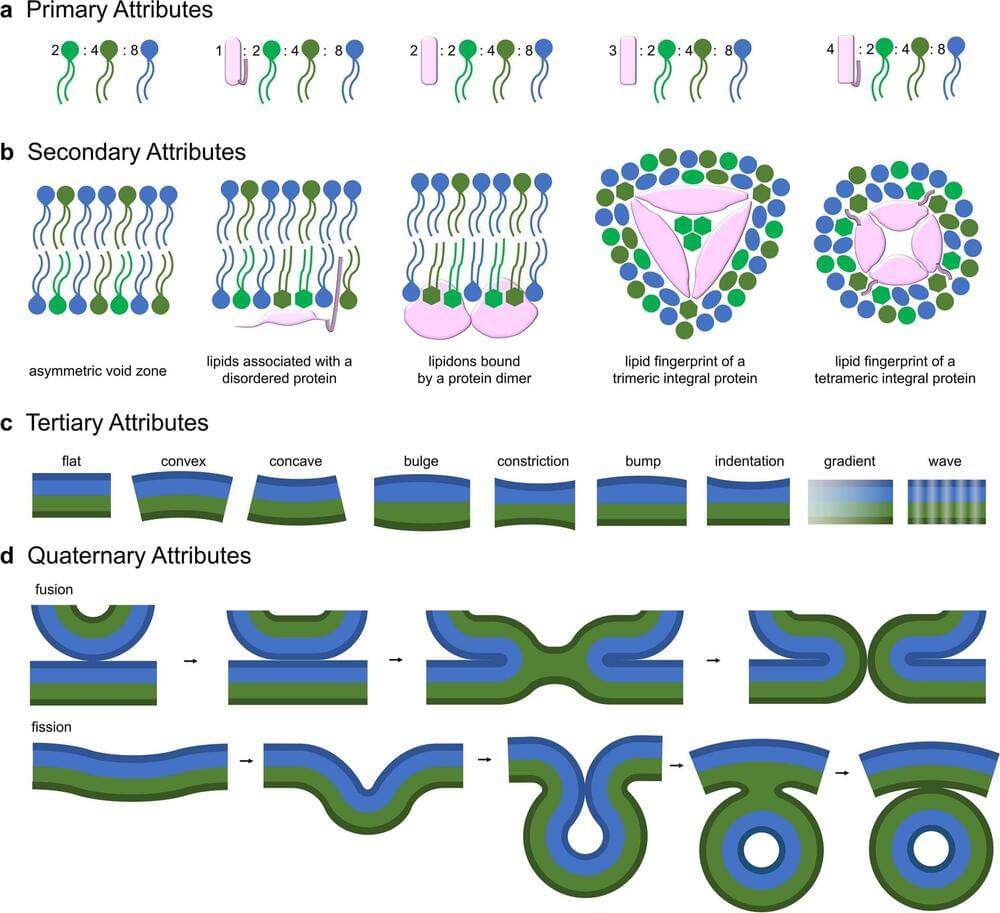Musk also hinted that the much-delayed EV will get a SpaceX package with rockets by reposting that bold claim on social media. It costs $50,000 to reserve a Roadster, with full price undisclosed.



In this article, realistic quantitative estimation of dark matter and dark energy considered as informational phenomena have been computed, thereby explaining certain anomalies and effects within the universe. Moreover, by the same conceptual approach, the cosmological constant problem has been reduced by almost 120 orders of magnitude in the prediction of the vacuum energy from a quantum point of view. We argue that dark matter is an informational field with finite and quantifiable negative mass, distinct from the conventional fields of matter of quantum field theory and associated with the number of bits of information in the observable universe, while dark energy is negative energy, calculated as the energy associated with dark matter.
In paid collaboration with reMarkable, I am happy to recommend this paper tablet which has made my workflow much more efficient and enjoyable.
Azeem speaks with Professor Yoshua Bengio. In 2018, Yoshua, Geoff Hinton and Yann LeCun were awarded the Turing Award for advancing the field of AI, in particular for their groundbreaking conceptual and engineering research in deep learning. This earnt them the moniker the Three Musketeers of Deep Learning. I think Bengio might be Aramis: intellectual, somewhat pensive, with aspirations beyond combat, and yet skilled with the blade.
With 750,000 citations to his scientific research, Yoshua has turned to the humanistic dimension of AI, in particular, the questions of safety, democracy, and climate change. Yoshua and I sit on the OECD’s Expert Group on AI Futures.

—SingularityNET is a decentralized marketplace for artificial intelligence. We aim to create the world’s global brain with a full-stack AI solution powere…

Researchers at the University of Alberta have uncovered what they say has been the missing puzzle piece ever since the genetic code was first cracked.
The code is the universal set of rules that allow living organisms to follow genetic instructions found in DNA and RNA to build proteins. In new research, published in BMC Biology, the U of A team describes a unifying code that guides the binding of those proteins with lipids to form membranes—the wrapper around all cells and cell components.
“Sixty years ago, scientists started to work on how genes encode proteins, but that’s not the end of the story,” says biochemistry professor Michael Overduin, executive director of the National High Field Nuclear Magnetic Resonance Center. “Along with DNA, RNA and proteins, living cells require membranes. Without the membrane, it’s like you’ve got a house with no walls.”



New research from the University of British Columbia reveals a safe path to overcoming food allergies for older children and others who can’t risk consuming allergens orally to build up their resistance.
It’s called sublingual immunotherapy (SLIT), and it involves placing smaller amounts of food allergens under the tongue.
A study conducted by UBC clinical professor and pediatric allergist Dr. Edmond Chan and his team at BC Children’s Hospital Research Institute found SLIT to be as safe and effective for high-risk older children and adolescents as oral immunotherapy is for preschoolers.